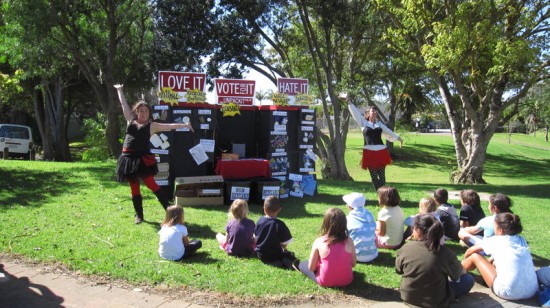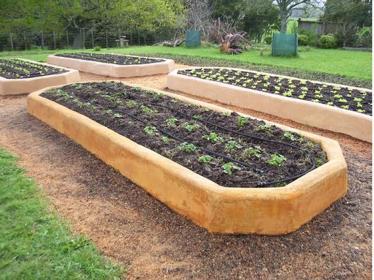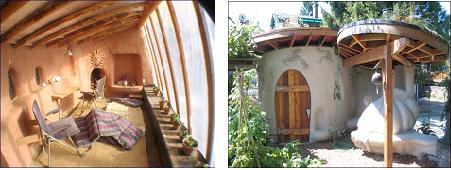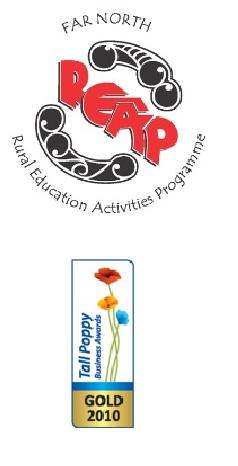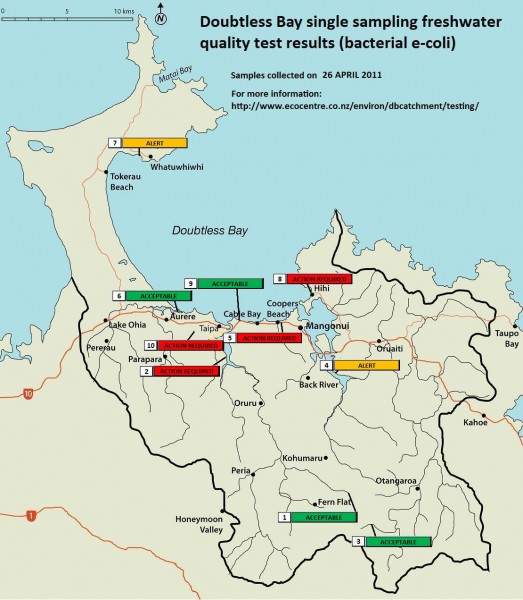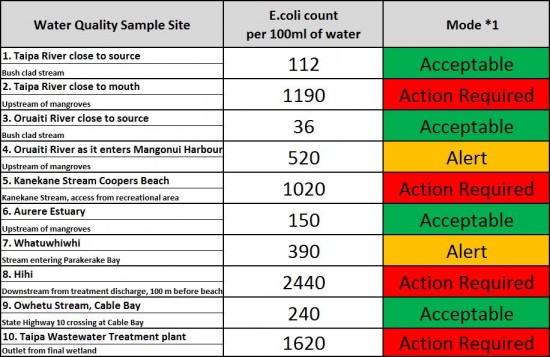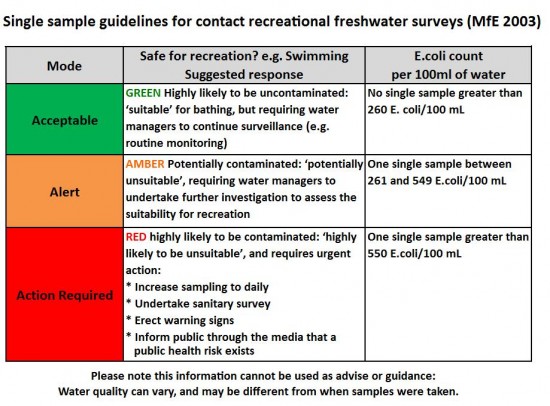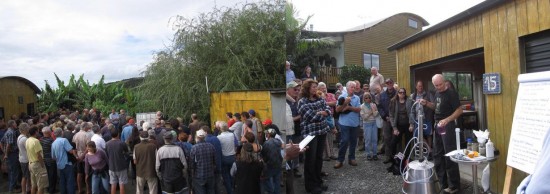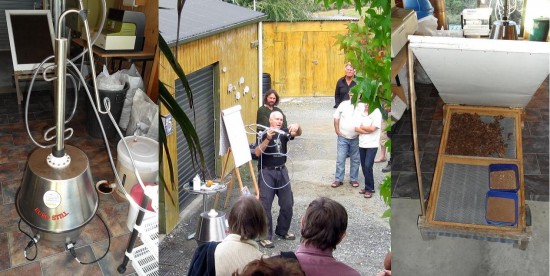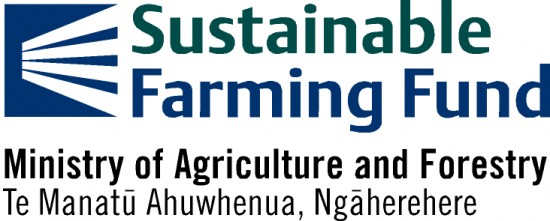An American company which individually wrapped its prunes has beaten 100 others to earn the dubious title of worst packaging on New Zealand shelves.
The Unpackit Packaging Awards received 9000 public votes on products which had non-recyclable, poorly labelled or frustratingly fiddly packaging.
Sunsweet Ones, imported from the United States, claimed the award because of its non-recyclable wrappers for each piece of fruit, with further layers of non-labelled or non-recycled plastic.
Unpackit spokeswoman Sophie Ward said it was one of the "all-time" worst examples of unnecessary and excessive packaging.
"Without exception, every single person I have talked to ... around the country has been amazed that something so ridiculous exists."
The competition's organisers said the company's defence - that it prevented a sticky mess - was weak.
"I can't see there being a great number of pocket prune-carriers out there," Ms Ward said.
"It's great if people want a healthy snack, but I'd encourage them to make it healthy for the environment too by taking a few unwrapped prunes in washable container."
Sunsweet beat eight other shortlisted products for the award, including the nearly impenetrable packs for Brother Ink cartridges and Oral Braun toothbrushes.
Large multinational companies dominated the shortlist, in particular brands which sold convenience foods and single-serve snacks.
The best packaging award went to Potatopak takeaway containers, from a shortlist made up of small and medium-sized businesses.
The Blenheim-based company turned potato starch, a waste product from potato chips, into completely compostable plates and bowls.
Unpackit praised the transformation of a waste stream into a valuable resource, which could be fed back into the soil without harm.
The company's owner Richard Williams said it has been working with Plant and Food for five years to create a food-grade container which can carry hot or wet food, or meat.
Expected to be ready by the end of the year, he hoped it would replace meat trays in supermarkets, which cannot be recycled because they are contaminated with blood.
The competition also proved innovation was not essential to eco-friendly packaging. The second and third-place winners were time-honoured, simple designs - the Speight's swap-a-crate, and the egg carton.
Ms Ward said the purpose of the awards was not to slam the worst-performing companies, but instead encourage them to do better and show them that the public noticed poor packaging.
WORST PACKAGING
Winner: Sunsweet Ones prunes
Nominees:
- Brother Ink Cartridges
- Oral Braun Toothbrush Heads
- Cedenco Prepack Corn on the Cob
BEST PACKAGING
- Winner: Potatopak takeaway bowls and plates (Blenheim)
- 2nd: Speights swap-a-crate (Dunedin)
- 3rd: Egg carton (North Island co-op)


